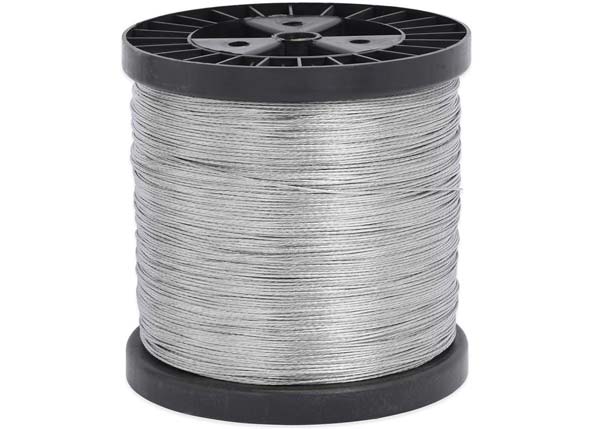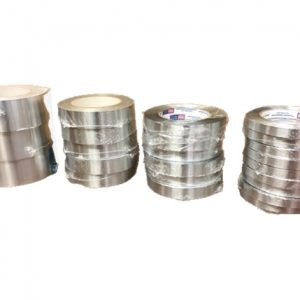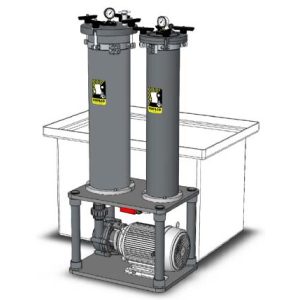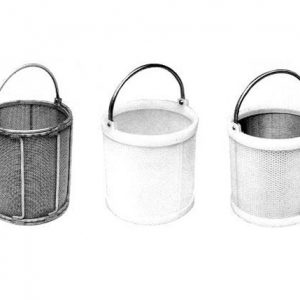Aluminum wire or anodizing wire is a wire that is used for electrical wiring in houses, power grids and airplanes. It is an alternative conducting material considering its electrical and mechanical properties and price compared to copper wire. Aluminum is a poorer electrical conductor compared to copper, so it is infrequently used in small applications such as home wiring and metal finishing as anodizing wire. However, when copper prices skyrocketed in the 1960s aluminum wiring became a favorable choice.
Aluminum is a relatively soft and weak metal compared to copper, and when the temperature of the circuit rises the wire expands and flows into empty spaces within electrical connectors. When an electric current passes through this circuit it creates pressure, which heats the aluminum wire connector. Later, the aluminum cools and contracts when the electricity is switched off. This creates small gaps between the wire and the connector. This gap increases the risk of corrosion, which further increases the resistance. As current passes through the same connector it encounters more resistance and generates more heat that can cause the connector material to ignite.
However, solutions to alleviate corrosion on aluminum wire connectors has been developed whereby tightly adhering corrosion inhibitors work as antioxidants to deter corrosion and subsequent adverse heating and high electrical resistance making it suitable for anodizing purposes.
.0625 & .0508 are available from stock in 20 lb spools. Other thicknesses are available upon request. If you need another thickness or have questions or concerns, please use the contact form below to specify what thickness is desired in the comments.




